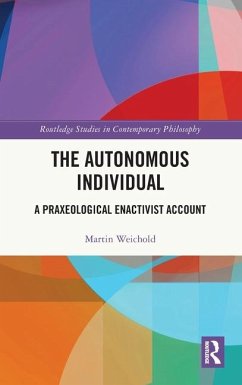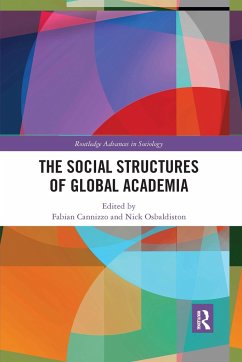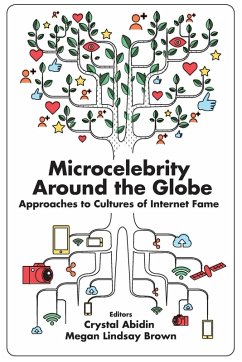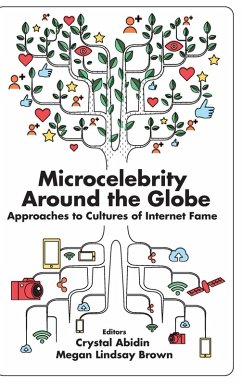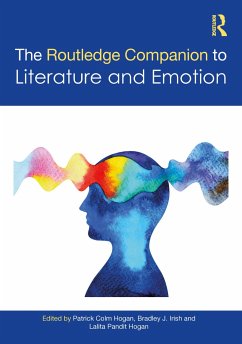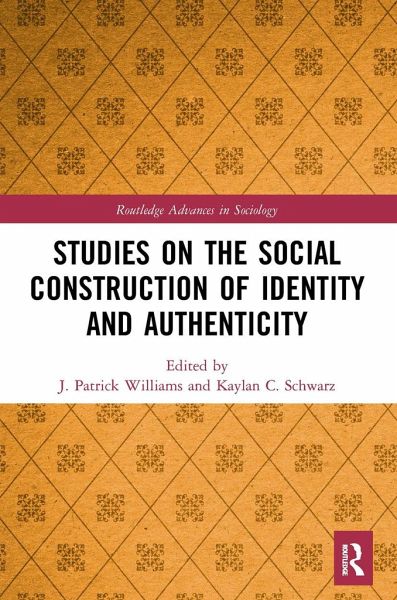
Studies on the Social Construction of Identity and Authenticity

PAYBACK Punkte
23 °P sammeln!
As identity and authenticity discourses increasingly saturate everyday life, so too have these concepts spread across the humanities and social sciences literatures. Many scholars may be interested in identity and authenticity but lack knowledge of paradigmatic or disciplinary approaches to these concepts. This volume offers readers insight into social constructionist approaches to identity and authenticity. It focuses on the processes of identification and authentication, rather than on subjective experiences of selfhood. There are no attempts to settle what authentic identities are. On the c...
As identity and authenticity discourses increasingly saturate everyday life, so too have these concepts spread across the humanities and social sciences literatures. Many scholars may be interested in identity and authenticity but lack knowledge of paradigmatic or disciplinary approaches to these concepts. This volume offers readers insight into social constructionist approaches to identity and authenticity. It focuses on the processes of identification and authentication, rather than on subjective experiences of selfhood. There are no attempts to settle what authentic identities are. On the contrary, contributors demonstrate that neither identities nor their authenticity have a single or fixed meaning.
Chapters provide exemplars of contemporary research on identity and authenticity, with significant diversity among them in terms of the identities, cultural milieu, geographic settings, disciplinary traditions, and methodological approaches considered. Contributors introduce readers to a number of established and emerging identity groups from sites around the world, from yogis and punks to fire dancers and social media influencers. Their conceptual work stretches from the micro-analytic to the ethno-national as authors employ a variety of qualitative methods including ethnographic fieldwork, interviewing, and the collection and analysis of naturally-occurring interactions. Several of the chapters look directly at identification and authentication while others focus on the social and cultural backdrops that structure these practices - what unites them is the adoption of social constructionist sensibilities.
This book will appeal to anyone interested in understanding identity and authenticity.
Chapters provide exemplars of contemporary research on identity and authenticity, with significant diversity among them in terms of the identities, cultural milieu, geographic settings, disciplinary traditions, and methodological approaches considered. Contributors introduce readers to a number of established and emerging identity groups from sites around the world, from yogis and punks to fire dancers and social media influencers. Their conceptual work stretches from the micro-analytic to the ethno-national as authors employ a variety of qualitative methods including ethnographic fieldwork, interviewing, and the collection and analysis of naturally-occurring interactions. Several of the chapters look directly at identification and authentication while others focus on the social and cultural backdrops that structure these practices - what unites them is the adoption of social constructionist sensibilities.
This book will appeal to anyone interested in understanding identity and authenticity.





